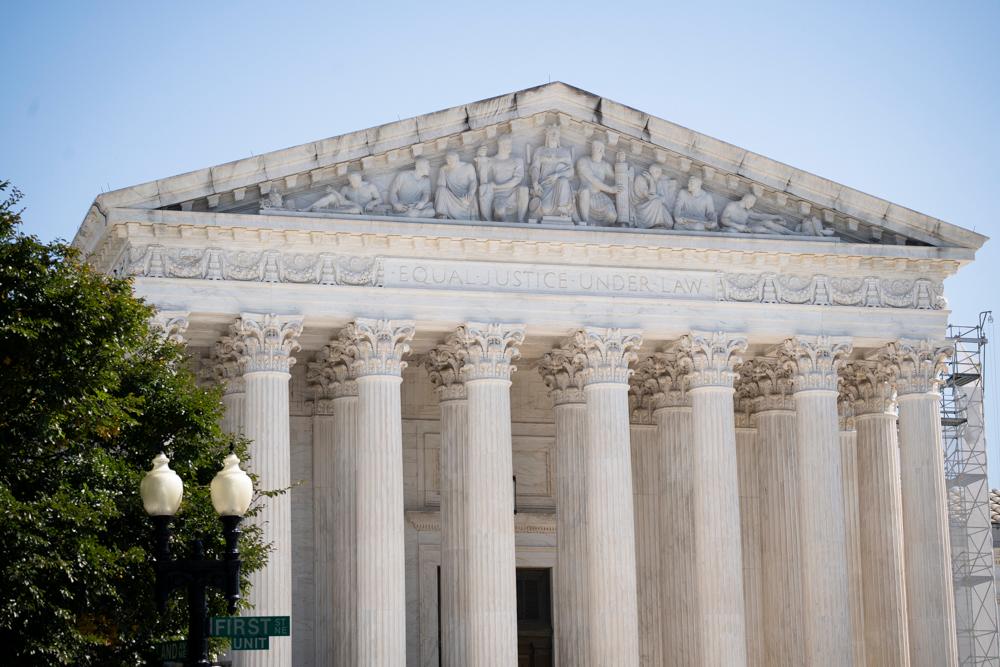Supreme Court justices on Oct. 16 heard arguments in a challenge to the U.S. Environmental Protection Agency’s (EPA) wastewater discharge permitting system, which San Francisco claims violates federal law.
The city and county of San Francisco argue in the appeal that the EPA’s “vague” limitations on how much pollution may be present in wastewater discharged by water utilities is arbitrary and unfair.





